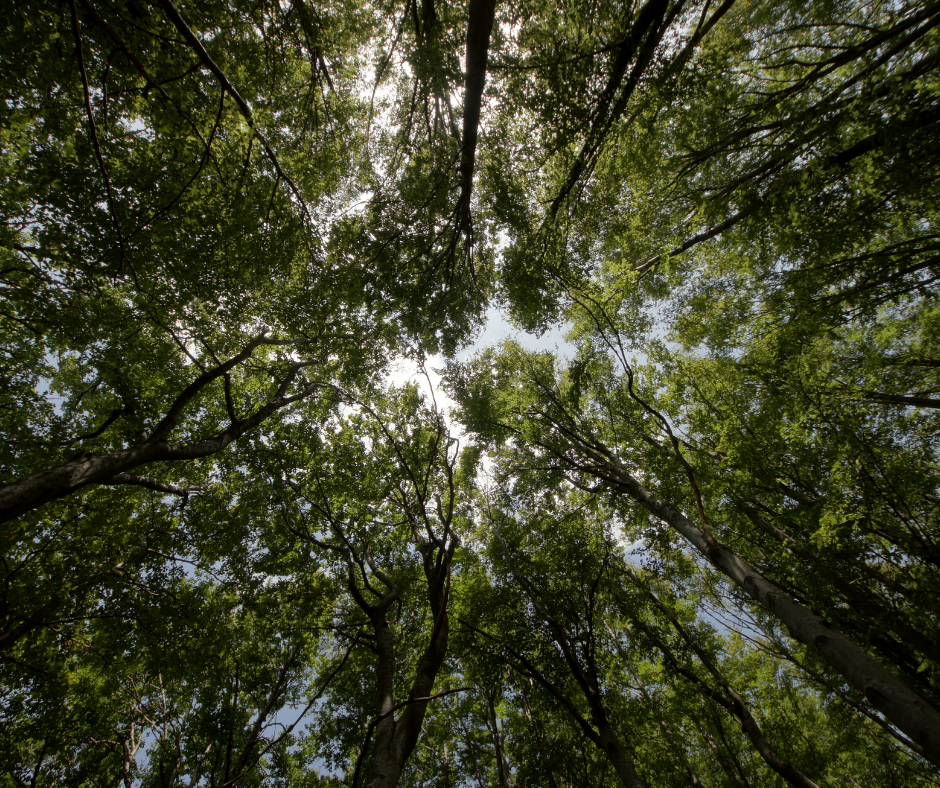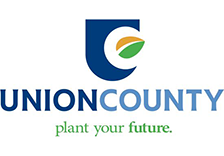Forestry in Union County
go.ncsu.edu/readext?839447
en Español / em Português
El inglés es el idioma de control de esta página. En la medida en que haya algún conflicto entre la traducción al inglés y la traducción, el inglés prevalece.
Al hacer clic en el enlace de traducción se activa un servicio de traducción gratuito para convertir la página al español. Al igual que con cualquier traducción por Internet, la conversión no es sensible al contexto y puede que no traduzca el texto en su significado original. NC State Extension no garantiza la exactitud del texto traducido. Por favor, tenga en cuenta que algunas aplicaciones y/o servicios pueden no funcionar como se espera cuando se traducen.
Português
Inglês é o idioma de controle desta página. Na medida que haja algum conflito entre o texto original em Inglês e a tradução, o Inglês prevalece.
Ao clicar no link de tradução, um serviço gratuito de tradução será ativado para converter a página para o Português. Como em qualquer tradução pela internet, a conversão não é sensivel ao contexto e pode não ocorrer a tradução para o significado orginal. O serviço de Extensão da Carolina do Norte (NC State Extension) não garante a exatidão do texto traduzido. Por favor, observe que algumas funções ou serviços podem não funcionar como esperado após a tradução.
English
English is the controlling language of this page. To the extent there is any conflict between the English text and the translation, English controls.
Clicking on the translation link activates a free translation service to convert the page to Spanish. As with any Internet translation, the conversion is not context-sensitive and may not translate the text to its original meaning. NC State Extension does not guarantee the accuracy of the translated text. Please note that some applications and/or services may not function as expected when translated.
Collapse ▲ Did you know that Union County has over 150,000 acres of privately owned forests? That’s a little more than one third of all the land in the county! Our forestland cleans the air we breathe, reduces localized flooding by capturing stormwater, and cools the air through evapotranspiration. These are the same reasons we need new trees to be planted in new developments, jump starting the urban forests we need near our homes.
Did you know that Union County has over 150,000 acres of privately owned forests? That’s a little more than one third of all the land in the county! Our forestland cleans the air we breathe, reduces localized flooding by capturing stormwater, and cools the air through evapotranspiration. These are the same reasons we need new trees to be planted in new developments, jump starting the urban forests we need near our homes.
In 2018, forestry and the wood products industry in this county had a total economic contribution of $375 million, supporting 2,000 jobs. In addition to foresters, loggers, and truckers, this includes numerous manufacturers in the county, making a variety of wood products including windows, doors, cabinets, countertops, veneer, engineered members like trusses, and pallets and other wood packaging.
Forests in Union County include a diversity of species, both hardwoods like oaks and softwoods like pine. People own forestland for many reasons besides harvesting timber for profit. So even if you want to avoid a major harvest, a Registered Forester can help you achieve other goals such as wildlife value, aesthetics, family legacy, hunting, hiking, and other reasons you keep your forest. Catawba Lands Conservancy is an organization that works with landowners to put their forests into permanent conservation easements, so the land is always protected, but you retain ownership and control, while receiving considerable tax incentives. But whatever your goals are, the best place to start is to contact the North Carolina Forest Service for advice on your property and a list of Registered Foresters who consult landowners in Union County.




